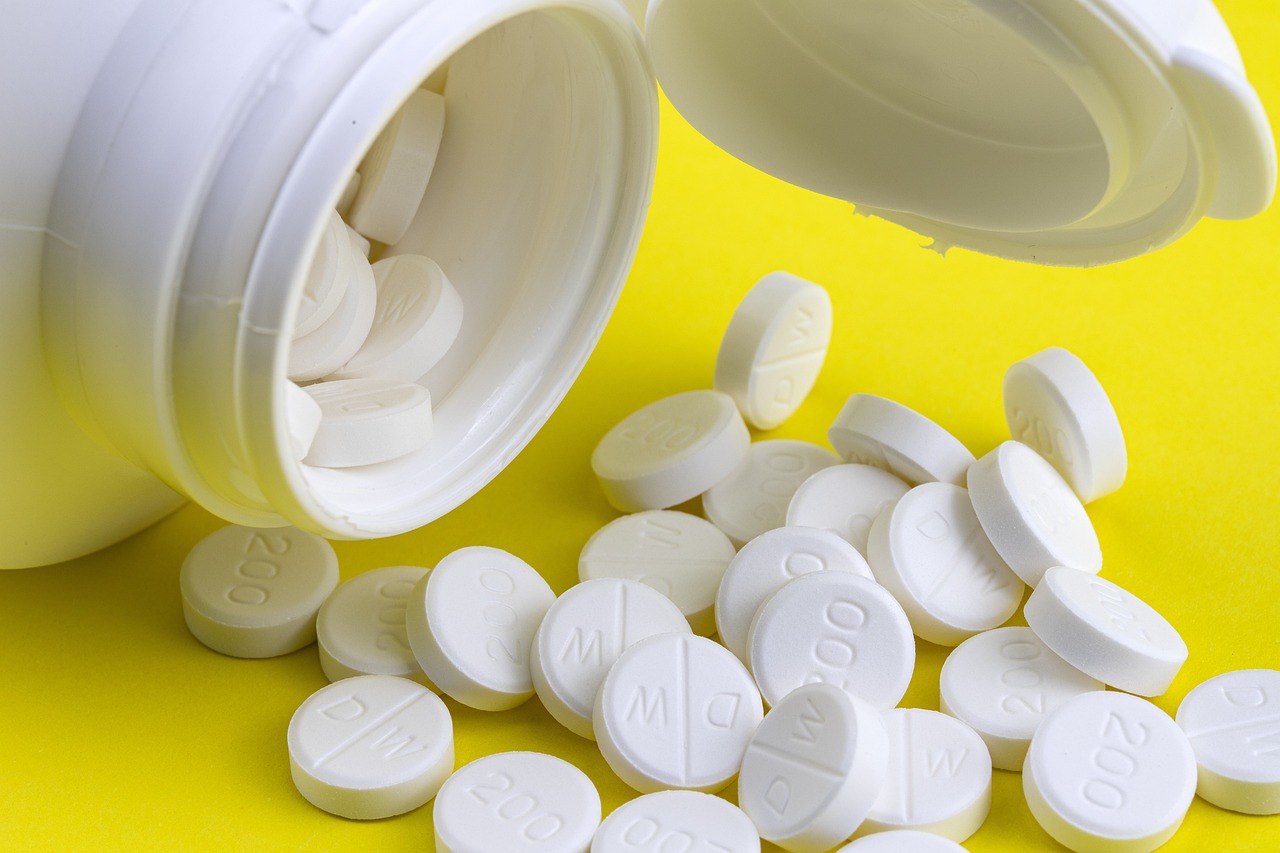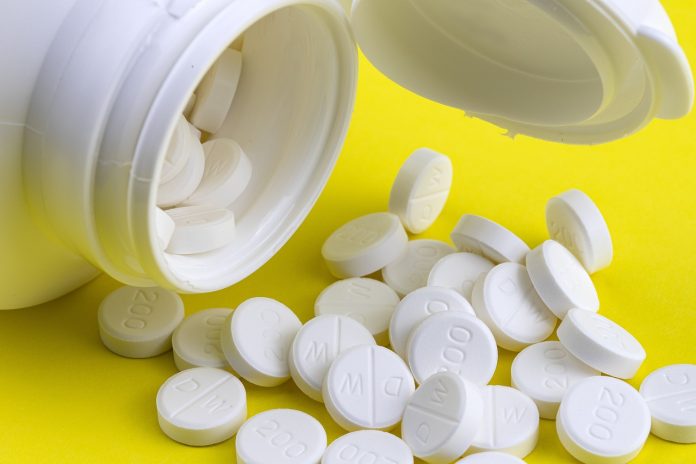When a disaster strikes, ensuring you have access to essential medications can be challenging. Whether it’s wildfires, hurricanes, or other emergencies, being prepared can make all the difference. Here’s how you can secure your prescriptions even in a crisis.
Plan Ahead: What You Should Do Before an Emergency
If you have enough time before evacuating, prioritize gathering your medications and medical supplies, such as blood glucose monitors or inhalers. Dr. Vipul Patel, executive director of pharmacy and oncology services at Cedars-Sinai, emphasizes the importance of keeping a list of your prescriptions, any drug allergies, and contact details for your doctors and pharmacy.
Step 1: Contact Your Pharmacy
If your regular pharmacy is still operational, it should be your first point of contact. Many insurance providers allow early refills in emergency situations. Your pharmacy can also provide a list of your medications, which can be helpful if you need to visit another location.
Step 2: Using a Pharmacy Chain’s Network
If your usual pharmacy is part of a chain, another branch may be able to access your prescription records and provide refills. Dr. Ryan Nix from Vanderbilt Specialty Pharmacy notes that pharmacies often share patient records within their networks, making it easier to transfer prescriptions electronically.
Step 3: Transferring Prescriptions to a New Pharmacy
If you relocate to an area without your pharmacy chain, you can ask your current pharmacy to transfer your records to a local drugstore. Simply provide the new pharmacy with your previous pharmacy’s contact details, and they can handle the rest.
Step 4: Reach Out to Your Insurance or Doctor
In cases where you evacuate without your medications or prescription details, your insurance provider or doctor may be able to help. Many insurance companies offer emergency provisions that allow early refills or temporary coverage at an out-of-network pharmacy. Keep your insurance card with you at all times.
“Many plans make exceptions during declared emergencies, allowing patients to get refills even outside their network,” explains Dr. Nix. Some insurers may even waive additional costs associated with these emergency refills.
Step 5: No Refills Left? Your Pharmacist May Still Help

If your prescription is out of refills, don’t panic. During declared emergencies, pharmacists are often allowed to provide a limited supply of essential medications without a refill authorization. If a delay in medication could harm your health, pharmacists can exercise professional judgment to issue an emergency refill.
Step 6: Check If Your Medications Are Safe to Use
Exposure to extreme heat, moisture, or floodwaters can damage medications, making them ineffective or dangerous. The FDA advises replacing medications exposed to high temperatures or floodwaters, even if they appear sealed.
Step 7: Store Your Medications Properly
Some medications, such as insulin, require refrigeration. If power outages prevent proper storage, use a cooler with ice packs. If you’re unsure about the safety of your medication, consult a healthcare professional before use.
Stay Prepared for the Unexpected
Emergencies can happen without warning, so having a plan for your medications is crucial. By keeping an updated medication list, knowing your pharmacy’s policies, and understanding emergency prescription laws, you can ensure access to life-saving medications no matter what happens.



